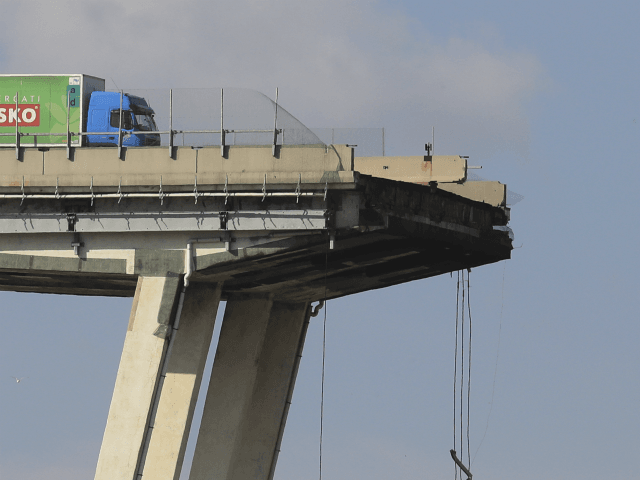
Sweet modern wisdom says that we must keep a positive attitude and rather than seeing mistakes, we should value successes. It appears all over the Internet.
Well… Maybe…
It depends on the objectives.
If your objective is to make a plane fly, you cannot tolerate a 1% failure on each component. A plane is a machinery so complex that, if you allow even a very low rate of failure on each part, you get a 100% chance of critical failure on the plane as a whole. That’s why that industry uses checklists all the time. Nothing important should ever be missed.
“One dead fly spoils the oil of the perfumer.”
On the other hand, a car seller can make his living, even if he can convince only 10% of his potential clients. After all, it’s quite normal for a buyer to test several models before making his decision. High failure rates aren’t an issue, as long as the seller keeps trying again and again and manages to sell enough BMWs in absolute number.
At school, both situations are possible. In order to write, one must know all the letters perfectly. You cannot allow yourself to mistake an u for a v, a p for a b and so on. Not in the long run, not if you expect some fluency. At some point, let’s say after one year or two of learning, the alphabet should be known perfectly. If not, it constitutes a severe handicap for further learning on any subject. Dyslexia, whether it is natural or caused by bad teaching methods, deals a lot of suffering. We should check reading abilities thoroughly, long before pupils are allowed to go to high school.
But one doesn’t need to know everything. It isn’t a big deal to read Maupassant or Flaubert, or even to ignore them, providing that you are used to read. One can make mistakes on dates or places, as long as there aren’t too many of them. One can make mistakes on vocabulary in a foreign language, and still be able to communicate in daily life.
Of course, we must take into account the learning process itself. Even when perfection is the ultimate goal, it is not to be expected soon. It’s totally acceptable to make mistakes at the beginning. Even more, those mistakes during learning time may be the occasion to get a deeper understanding of the question at hand. An engineer who has made a lot of errors during simulations is much more likely to know what can be wrong and to avoid critical failures when it really matters. He puts redundancies into a bridge design to take into account the possibility of something going wrong.

Also consider the possibility of random failures. A “zero defects” policy doesn’t mean that the factory won’t produce bad parts. It’s quite possible that a production line has a 40% waste rate on a given component. “Total quality” only means that all the components are thoroughly checked before they are to go to the next stage. This is the real solution to avoid disappointing a customer, not some kind of heroic endeavour. We don’t expect anyone to make zero spelling mistake when writting a report or a story or anything. But we can expect a secretary to review very carefully a 100 million dollars contract in order to avoid any costly contestation.
Keeping a positive attitude is not an excuse for inaccuracy. Being serious doesn’t require to be harsh and cruel. It means meeting challenges on time.
Poster un Commentaire
Vous devez vous connecter pour publier un commentaire.